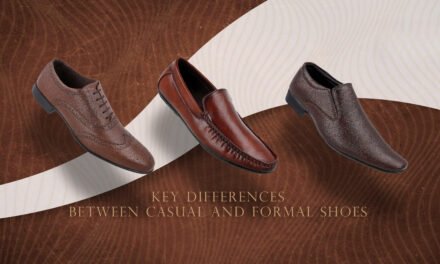vegan leather alternatives can be suitable for making animal accessories, such as pet collars, leashes, harnesses, and more. However, their suitability depends on the specific material used and the requirements of the accessory. Here’s an overview of how vegan leather alternatives measure up for making animal accessories:
1. Durability:
- Plant-Based Leathers (e.g., Piñatex made from pineapple fibers, mushroom leather, apple leather) are typically durable, flexible, and strong enough for making long-lasting accessories. These materials are often more eco-friendly and can withstand wear and tear, making them suitable for everyday pet use.
- Synthetic Leathers (e.g., PVC-based materials) might be less durable over time compared to natural alternatives. They can degrade faster with exposure to moisture, heat, or friction, but are still suitable for light-use accessories like pet tags or decorative collars.
2. Comfort:
- Vegan leather materials, especially those made from plant-based fibers like Piñatex or apple leather, are often soft, flexible, and comfortable for pets to wear. They can be made to mimic the softness and pliability of animal leather, ensuring a comfortable fit for collars or harnesses.
- Some synthetic alternatives can lack the breathability and flexibility of natural leather, potentially making them less comfortable for long-term wear.
3. Water Resistance:
- Many vegan leather options, such as apple leather and cork leather, offer water resistance, which is useful for accessories like leashes and collars that may be exposed to rain or outdoor conditions.
- However, synthetic leathers like PVC may not be as breathable or water-resistant in the long term.
4. Environmental Impact:
- Plant-Based Leathers are more sustainable than traditional leather, as they are often made from byproducts of agriculture (like pineapple leaves or apple peels) or natural materials that require fewer resources to produce.
- Synthetic Leathers, particularly those made from petroleum-based plastics (e.g., PVC, PU), are less eco-friendly and can take longer to break down. However, some newer synthetic alternatives made from recycled materials or bio-based plastics are improving in sustainability.
5. Aesthetic Appeal:
- Vegan leather alternatives can come in various textures, colors, and finishes, making them aesthetically pleasing and customizable. Piñatex and mushroom leather both have unique, natural textures that can add a distinctive look to pet accessories.
- Synthetic vegan leathers can be molded into sleek, smooth finishes and may offer a broader range of colors and patterns.







